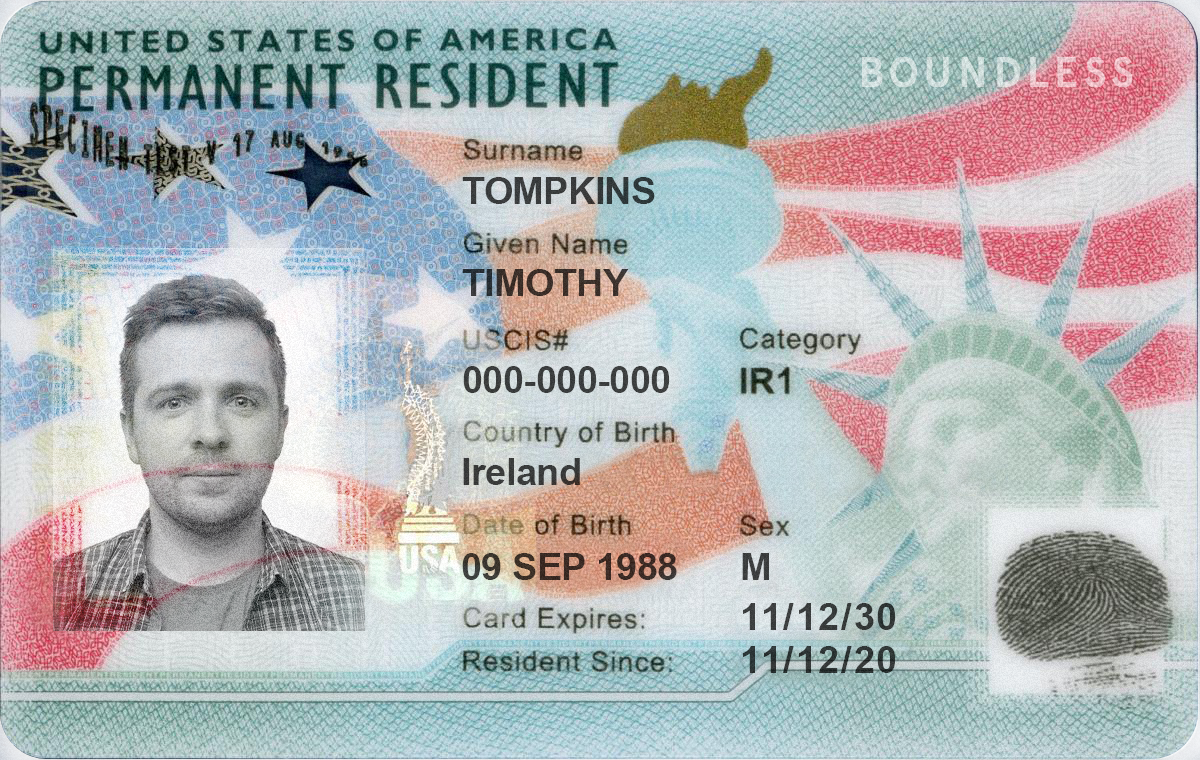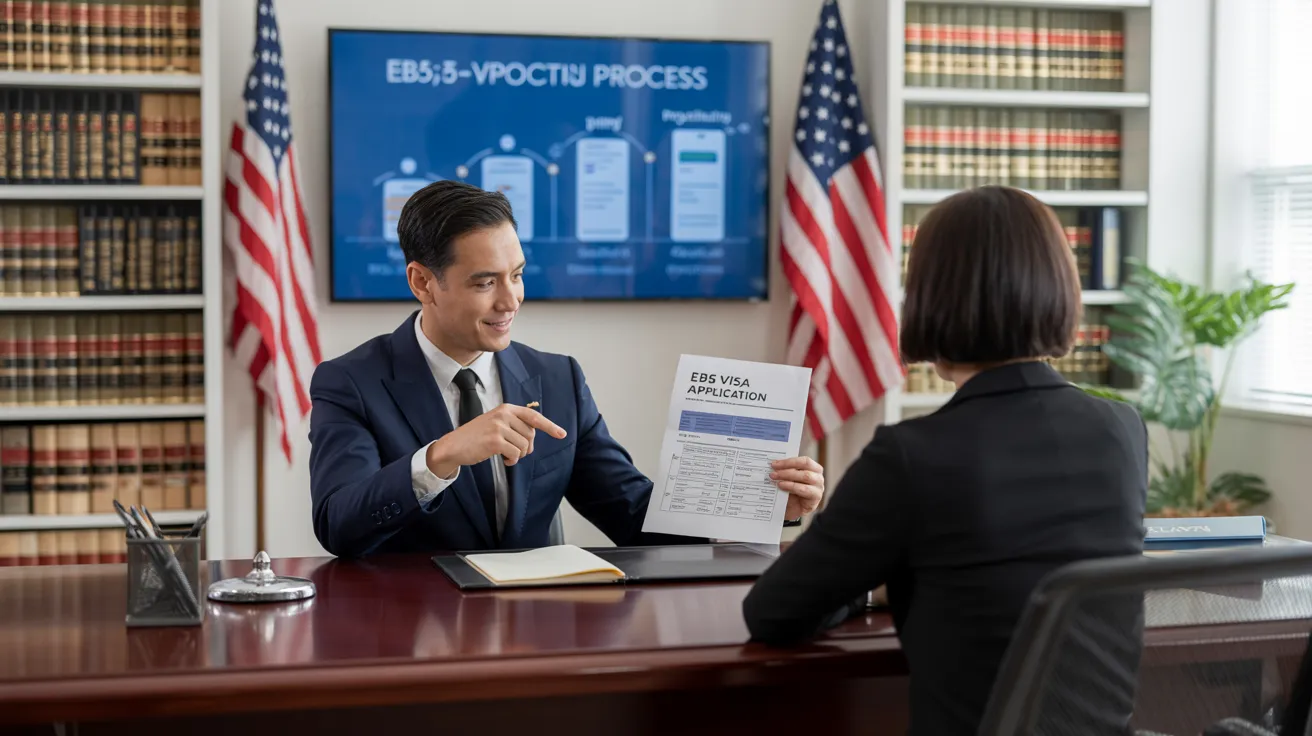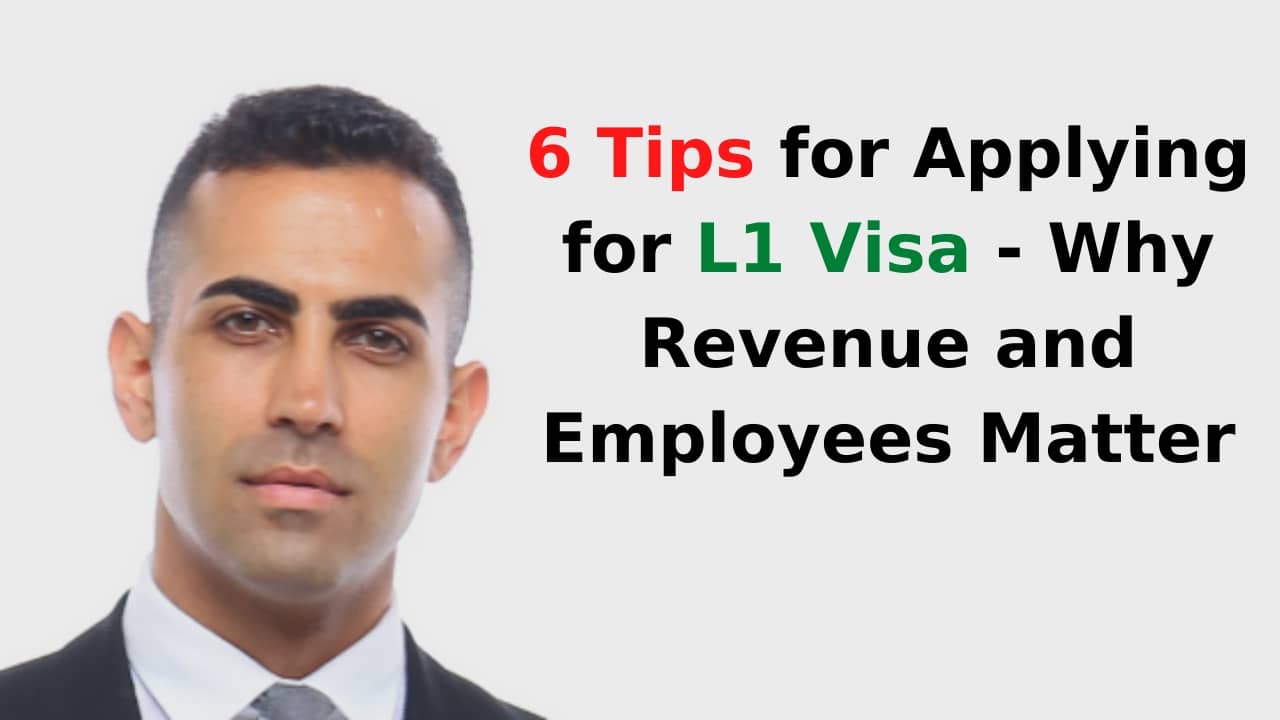An Unbiased View of L1 Visa
Table of ContentsWhat Does L1 Visa Do?Getting My L1 copyright WorkUnknown Facts About L1 VisaThe 5-Second Trick For L1 VisaL1 Visa Fundamentals ExplainedThe L1 Visa Diaries
Readily Available from ProQuest Dissertations & Theses International; Social Scientific Research Costs Collection. (2074816399). (PDF). Congress. (PDF). DHS Workplace of the Examiner General. (PDF). (PDF). "Nonimmigrant Visa Statistics". Gotten 2023-03-26. Department of Homeland Safety And Security Office of the Inspector General, "Evaluation of Vulnerabilities and Potential Misuses of the L-1 Visa Program," "A Mainframe-Size Visa Technicality".
United State Department of State. Gotten 22 August 2016. "Workers paid $1.21 an hour to install Fremont tech company's computer systems". The Mercury Information. 2014-10-22. Fetched 2023-02-08. Costa, Daniel (November 11, 2014). "Little-known short-term visas for foreign technology employees depress wages". The Hill. Tamen, Joan Fleischer (August 10, 2013). "Visa Owners Replace Employees".
Getting The L1 copyright Work
In order to be qualified for the L-1 visa, the international business abroad where the Beneficiary was employed and the united state firm must have a certifying relationship at the time of the transfer. The different kinds of certifying relationships are: 1. Parent-Subsidiary: The Parent implies a firm, firm, or various other lawful entity which has subsidiaries that it possesses and manages."Subsidiary" suggests a firm, company, or other legal entity of which a moms and dad has, straight or indirectly, greater than 50% of the entity, OR possesses less than 50% however has monitoring control of the entity.
Company A possesses 100% of the shares of Business B.Company A is the Parent and Business B is a subsidiary. There is a certifying relationship between the two firms and Business B must be able to fund the Beneficiary.
Business An owns 40% of Firm B. The continuing to be 60% is owned and controlled by Company C, which has no relation to Company A.Since Business A and B do not have a parent-subsidiary relationship, Business A can not fund the Recipient for L-1.
Company A possesses 40% of Business B. The remaining 60% is owned by Company C, which has no relationship to Business A. Nonetheless, Firm A, by formal contract, controls and full takes care of Business B.Since Firm A possesses much less than 50% of Business B but takes care of and manages the firm, there is a qualifying parent-subsidiary relationship and Company A can sponsor the Recipient for L-1.
The Of L1 Visa
Affiliate: An associate is 1 of 2 subsidiaries thar are both possessed and managed by the exact same parent or person, or had and controlled by the same team of people, in generally the same proportions. a. Example 1: Business A is integrated in Ghana and employs the Beneficiary. Firm B is integrated in the U.S.
Company C, also included in Ghana, possesses 100% of Firm A and 100% of Company B.Therefore, Firm A and Business B are "affiliates" or sister business and a qualifying connection exists between both business. Business B must be able to sponsor the Recipient. b. Example 2: Company A is incorporated in the U.S.
Firm A is 60% possessed by Mrs. Smith, 20% owned by Mr. Doe, and 20% had by Ms. Brown. Business B is incorporated in Colombia and presently employs the Beneficiary. Company B is 65% owned by L1 Visa law firm Mrs. Smith, 15% had by Mr. Doe, and 20% owned by Ms. Brown. Firm A and Company B are associates and have a qualifying partnership in two different means: Mrs.
The L-1 visa is an employment-based visa category developed by Congress in 1970, enabling multinational companies to move their managers, execs, or crucial personnel to their united state procedures. It is typically described as the intracompany transferee visa. There are two major sorts of L-1 visas: L-1A and L-1B. These kinds are appropriate for employees worked with in different placements within a business.

Furthermore, the recipient should have operated in a supervisory, exec, or specialized worker position for one year within the 3 years coming before the L-1A application in the international company. For brand-new office applications, foreign employment should have been in a supervisory or executive ability if the beneficiary is coming to the United States to function as a supervisor or exec.
6 Simple Techniques For L1 Visa

If given for an U.S. business functional for even more than one year, the preliminary L-1B visa is for up to three years and can be prolonged for an added 2 years (L1 Visa). Conversely, if the united state firm is freshly established or has been functional for less than one year, the preliminary L-1B visa is provided for one year, with expansions readily available in two-year increments
The L-1 visa is an employment-based visa classification developed by Congress in 1970, permitting international firms to transfer their supervisors, execs, or essential personnel to their united state operations. It is commonly described as the intracompany transferee visa. There are two primary sorts of L-1 visas: L-1A and L-1B. These kinds are ideal for employees worked with in different settings within a firm.
L1 Visa for Beginners
Additionally, the recipient should have worked in a supervisory, exec, or specialized employee placement for one year within the 3 years coming before the L-1A application in the international company. For new office applications, international employment must have been in a supervisory read more or executive ability if the beneficiary is coming to the United States to work as a supervisor or executive.
for up to 7 years to oversee the operations of the U.S. affiliate as an executive or manager. If issued for an U.S. firm that has been functional for more than one year, the L-1A visa is originally granted for as much as three years and can be expanded in two-year increments.
If approved for a united state firm operational for greater than one year, the initial L-1B visa is for approximately 3 years and can be extended for an added two years. On the other hand, if the U.S. business is recently established or has been functional for much less than one year, the initial L-1B visa is released for one year, with extensions readily available in two-year increments.